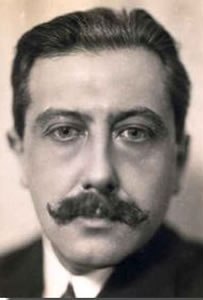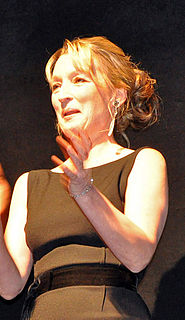A Quote by Georges Bernanos
Related Quotes
And what have you laymen made of hell? A kind of penal servitude for eternity, on the lines of your convict prisons on earth, to which you condemn in advance all the wretched felons your police have hunted from the beginning - enemies of society, as you call them. You're kind enough to include the blasphemers and the profane. What proud or reasonable man could stomach such a notion of God's justice? And when you find that notion inconvenient it's easy enough for you to put it on one side. Hell is not to love any more, Madame. Not to love any more!
Through humility, soul-searching, and prayerful contemplation we have gained a new understanding of certain dogmas. The church no longer believes in a literal hell where people suffer. This doctrine is incompatible with the infinite love of God. God is not a judge but a friend and a lover of humanity. God seeks not to condemn but only to embrace. Like the fable of Adam and Eve, we see hell as a literary device. Hell is merely a metaphor for the isolated soul, which like all souls ultimately will be united in love with God.
People who have intended and loved what is evil in the world intend and love what is evil in the other life, and then they no longer allow themselves to be led away from it. This is why people who are absorbed in evil are connected to hell and actually are there in spirit; and after death they crave above all to be where their evil is. So after death, it is we, not the Lord, who cast ourselves into hell.
One day I decided I would like to put a record into my system. So I picked up a record that was lying on the table, and put it on. I didn't bother to look at what it was because I didn't care, and it turned out to be Madame Butterfly. So I processed the aria from Madame Butterfly in my system and I played with it.
And indeed when we are no longer in love with women whom we meet after many years, is there not the abyss of death between them and ourselves, just as much as if they were no longer of this world, since the fact that we are no longer in love makes the people that they were or the person that we were then as good as dead?
































